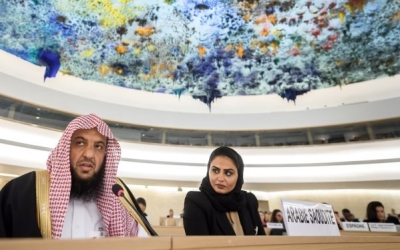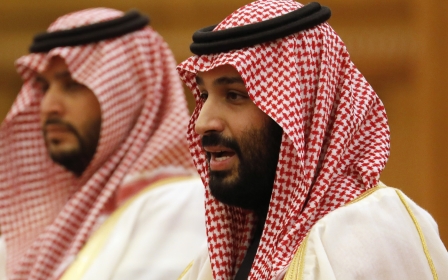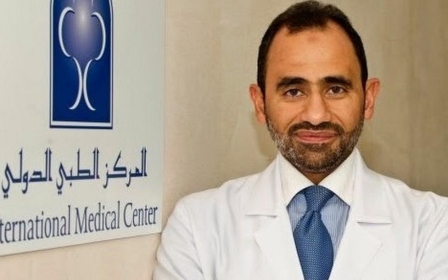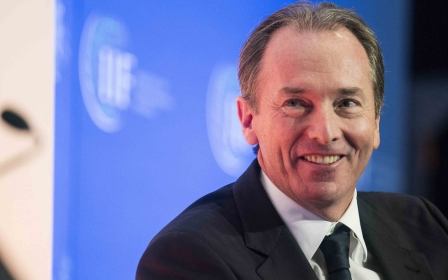More than 30 countries censure Saudi Arabia at UN rights forum
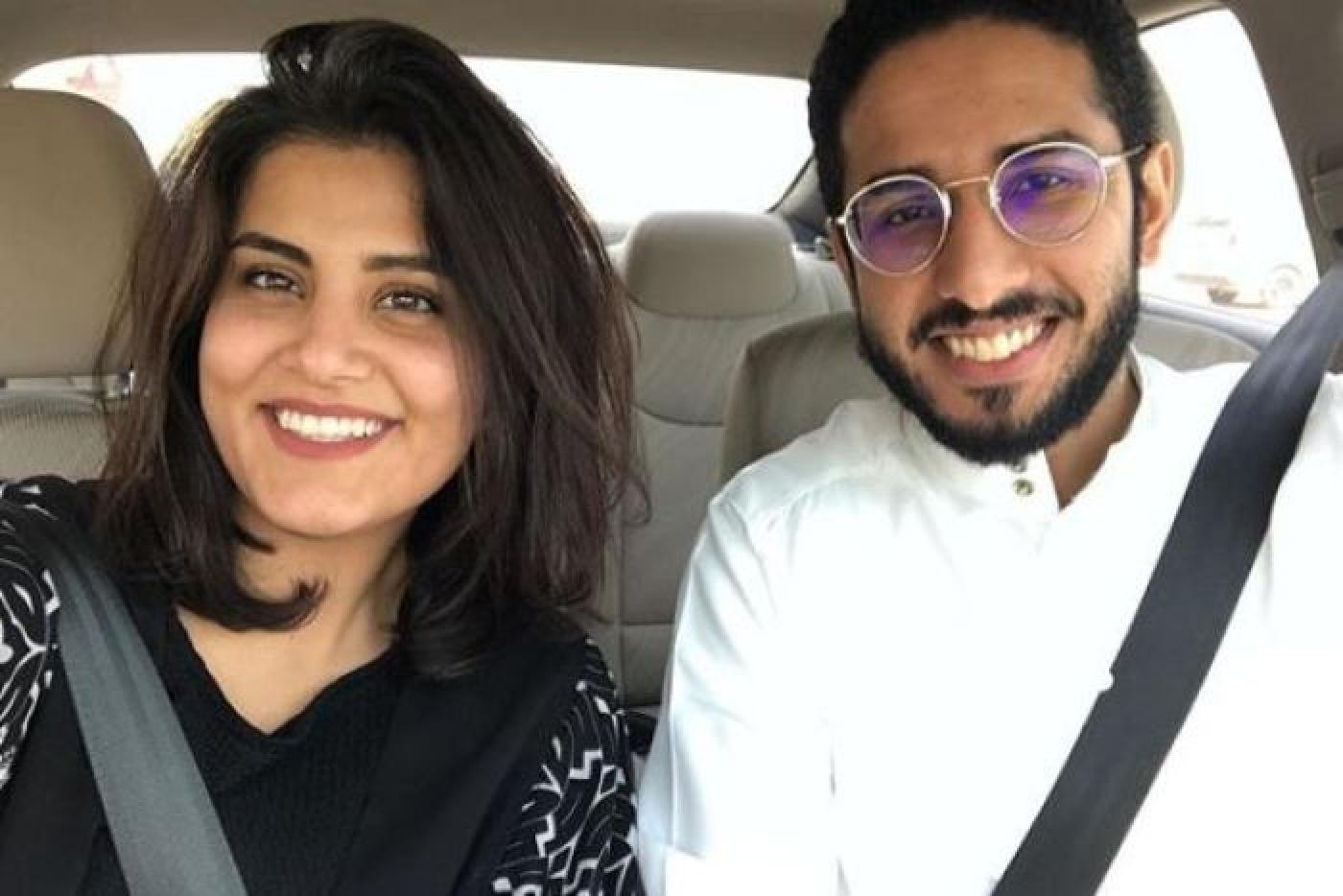
Three dozen countries, including all 28 EU members, called on Saudi Arabia on Thursday to release 10 activists and cooperate with a UN-led investigation into the murder of journalist Jamal Khashoggi at its Istanbul consulate.
It was the first ever rebuke of the kingdom in the UN Human Rights Council and comes amid growing international concern about Saudi violations of basic freedoms such as freedom of expression.
"It is a success for Europe to be united on this," an envoy of an EU country told Reuters.
The unprecedented joint statement, also backed by Canada and Australia but not the United States, was read out by Harald Aspelund, Iceland's ambassador to the United Nations in Geneva. There was no immediate Saudi reaction.
"We are particularly concerned about the use of the counter-terrorism law and other national security provisions against individuals peacefully exercising their rights and freedoms," Aspelund said, reading the text.
New MEE newsletter: Jerusalem Dispatch
Sign up to get the latest insights and analysis on Israel-Palestine, alongside Turkey Unpacked and other MEE newsletters
Activists can and should play "a vital role in the process of reform which the Kingdom is pursuing", it said.
The joint statement called for the release of women's rights activists Loujain al-Hathloul, Eman al-Nafjan, Aziza al-Yousef, Nassima al-Sadah, Samar Badawi, Nouf Abdelaziz, Amal al-Harbi, Shadan al-Anezi and Hatoon al-Fassi, and Mohammed al-Bajadi, founder of the banned Saudi Civil and Political Rights Association.
Activists allege that jailed women activists, including those who campaigned for the right to drive, have been subjected to electric shocks, flogging, sexual assault and other forms of torture.
When the activists were arrested last year, Madawi al-Rasheed, visiting professor at the London School of Economics, said it was meant to stifle any kind of grassroots mobilisation.
The EU and other sponsoring countries said they "condemn in the strongest possible terms" the killing of Khashoggi, noting that Saudi Arabia has confirmed it took place at its Istanbul consulate 2 October.
"The circumstances of Mr Khashoggi's death reaffirm the need to protect journalists and to uphold the right to freedom of expression around the world," the text said.
"Investigations into the killing must be independent, impartial and transparent," it added, specifically calling for cooperation with an inquiry led by Agnes Callamard, the UN special rapporteur on extrajudicial executions.
"It's an important step in ensuring accountability. The international community has a collective responsibility to highlight human rights violations in a country that until now had managed to escape that kind of scrutiny," Callamard told Reuters.
She said that she welcomed the call for cooperation with her investigation as the Saudis have not responded to her requests for meetings.
Turkey has not yet shared its police and forensic reports on the Khashoggi case, which authorities had pledged to do during her mission there last month, she added.
UN human rights chief Michelle Bachelet called on Saudi Arabia on Wednesday to release women activists allegedly tortured in detention after authorities accused them of harming the country's interests.
The Saudi deputy public prosecutor told Saudi-owned newspaper Alsharq Alawsat last week that his office had looked into media reports that the women were tortured and found no evidence, calling the reports "false".
Middle East Eye delivers independent and unrivalled coverage and analysis of the Middle East, North Africa and beyond. To learn more about republishing this content and the associated fees, please fill out this form. More about MEE can be found here.


